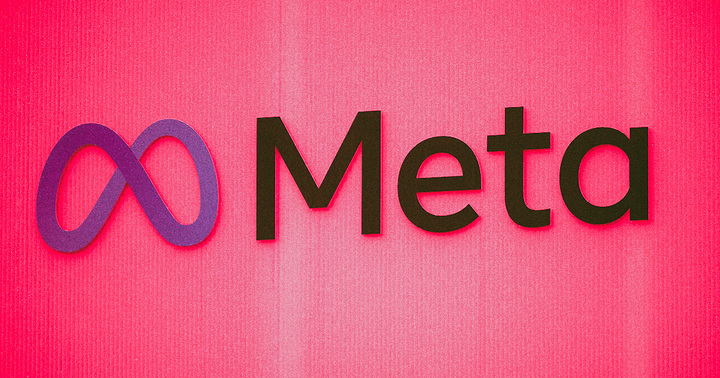
In a groundbreaking investigation, federal prosecutors are looking into whether Meta-formerly-Facebook profited from ad sales for regulated drugs and the shady telehealth services that pushed them.
As the Wall Street Journal reports, US prosecutors in Virginia subpoenaed Meta last year as part of its probe into the tech company’s culpability in unregulated and illegally-operating online pharmacies that advertise their services on its platforms.
The criminal grand jury subpoenas, which had not been reported before now and whose existence had been leaked to the WSJ by unnamed insiders, requested records related to “violative drug content on Meta’s platforms and/or the illicit sale of drugs via Meta’s platforms.”
With the meteoric rise of telehealth services in the COVID era, there’s been a spate of sketchy telemedicine companies advertising online that they can get people prescriptions for controlled substances like Adderall and opioids. More recently, Meta and its competitors have also been running ads for virtual practitioners that promise would-be customers access to unregulated grey market weight loss drugs as demand for the popular injectables Ozempic and Wegovy outpaces supply.
Because these companies have paid to use ad marketplaces on Facebook and Instagram, as the apparent rationale behind the probe goes, Meta could be held liable for the activities of these digital pill mills.
The paper’s insiders added that the Food and Drug Administration was also helping out with the investigation, though that office and the Virginia prosecutors declined to comment on the record about it when reached by the WSJ.
Meta, too, appears to be tight-lipped about the probe, and Futurism has reached out to the company to try to get an on-record confirmation or denial about it.
“The sale of illicit drugs is against our policies and we work to find and remove this content from our services,” a Meta spokesperson told the WSJ in a statement. “Meta proactively cooperates with law enforcement authorities to help combat the sale and distribution of illicit drugs.”
Although nobody on either of the major sides of the probe has gone on the record to discuss it, the executive director of Alliance to Counter Crime Online, an organization that has done its own investigations into the use of Meta platforms for nefarious ends, did confirm to the newspaper that it had received subpoenas about the matter as well.
As concerns about telehealth pill pushers have ramped up over the past few years, Meta has made public and private overtures to counter the proliferation of those sorts of ads on its platforms.
Indeed, Meta is currently partnered with LegitScript, a firm that monitors medical merchants online and issues certifications and ratings about which online pharmacies are above board.
The day before the WSJ‘s story dropped, Meta’s president of global affairs, Nick Clegg, tweeted that the company is working with the State Department, the United Nations, and Snapchat — of all things — in a new anti-drug campaign as well.
“The opioid epidemic is a major public health issue that requires action from all parts of US society,” Clegg wrote in his post on X-formerly-Twitter.
As far as lip service is concerned, that partnership sends a pretty strong message — but as we’ve seen for years now, Meta tends to regulate its ad services only after it gets caught with its pants down.
More on Meta: Meta’s VR Headsets Are Getting a Masturbation Mode